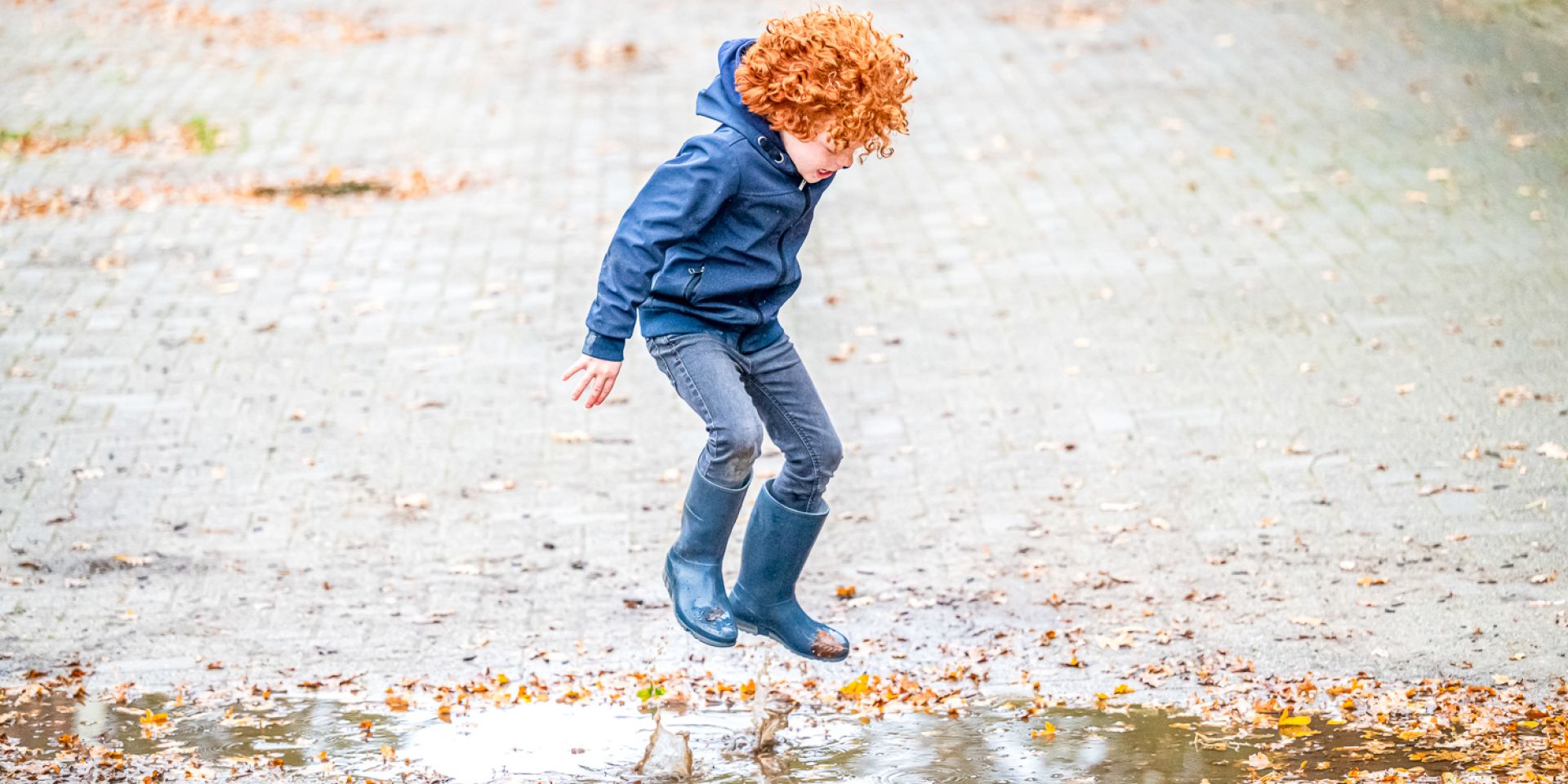
Planning of Schoolwork (PLOS)
This project examines the effectiveness of Planning of Schoolwork (PLOS), a program to support adolescents with planning problems in secondary education. PLOS consists out of two components: PLOS-basic and PLOS-extra. PLOS-basis is a preventative classroom program provided in the mentor-lessons, and PLOS-extra is an in-depth and individual program for students who need more support after PLOS-basic. If PLOS is effective, it will provide a ready-to-use and accessible method for schools.
Background
Many adolescents in secondary education experience problems with the planning of their schoolwork. These problems can lead to stress, lower grades, disruptive behavior in class or even school dropout. Nevertheless, effective interventions that support adolescents with planning problems in the Netherlands are only available in mental health care institutes. Because of this, a large group of adolescents is not reached, as a considerable amount of adolescents consider the step toward mental health care as too big. This might prevent them to receive treatment in time, when problems already have gotten out of hand or it might prevent them to receive treatment at all. One could wonder whether these clinic-based treatments are the right setting to address planning skills that are related to school- and homework of whether it should be addressed in schools where these problems actually occur.
For this reason, PLOS has been developed. PLOS consists out of two components: PLOS-basic and PLOS-extra. PLOS-basis is a preventative classroom program provided in the mentor-lessons, and PLOS-extra is an in-depth and individual program for students who need more support after PLOS-basic.
If PLOS is effective in reducing planning problems, secondary education schools can use this ready-to-use and accessible method and might referrals to mental health care for these problems not be necessary.
The research study
In September 2021, a large-scaled study was conducted investigating the effectiveness of PLOS.
All participating schools started in September with PLOS-basic. After that, the schools were randomly divided over two groups:
1) Schools that started with PLOS-extra in January, with selected students
2) Schools that provided their regular support in January (these schools could offer PLOS-extra in September 2023).
On all participating schools, measurements on several timepoints were performed with the classes that participate in PLOS-basic. During these measurements, parents and students were asked to fill in questionnaires about planning skills, homework problems and the behaviour of the student. The class-mentor was asked to fill in a short checklist about the students. Furthermore, we gathered the school grades of the students. The measurements took place on the following moments:
0. In October (at the start of the study)
1. In December
2. In May/June
3. In November/December the following year, to determine the long-term effects of PLOS.
The researchers
In addition to Barbara van den Hoofdakker and Pieter Hoekstra from Accare, Saskia van der Oord from KU Leuven, Bianca Boyer from the University of Amsterdam, Marjolein Luman from VU University Amsterdam and Steve Evans from Ohio University are also involved in this research.
For more information, please email k.wolters@accare.nl.
